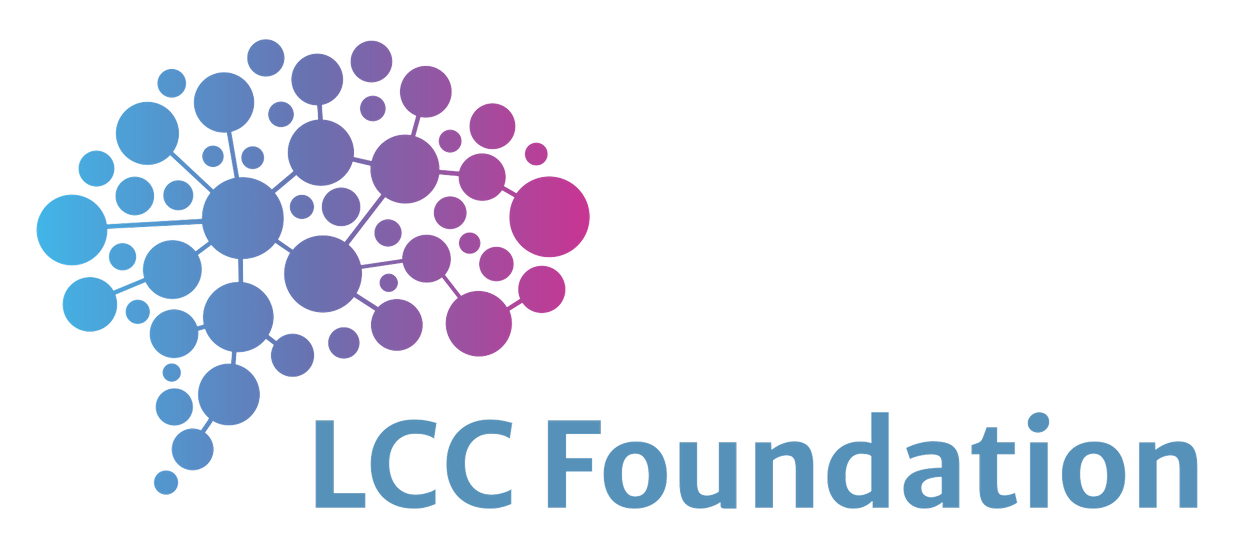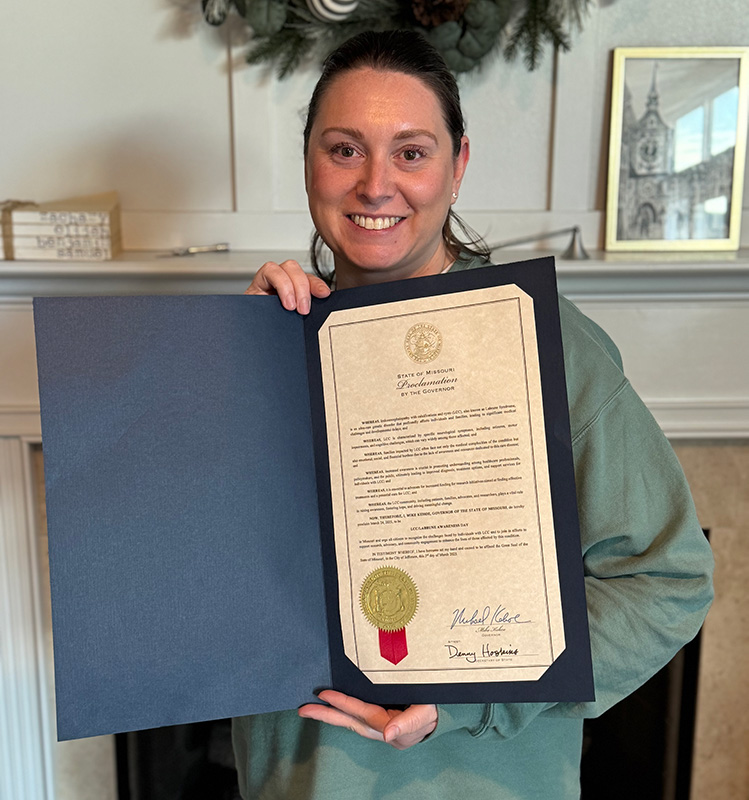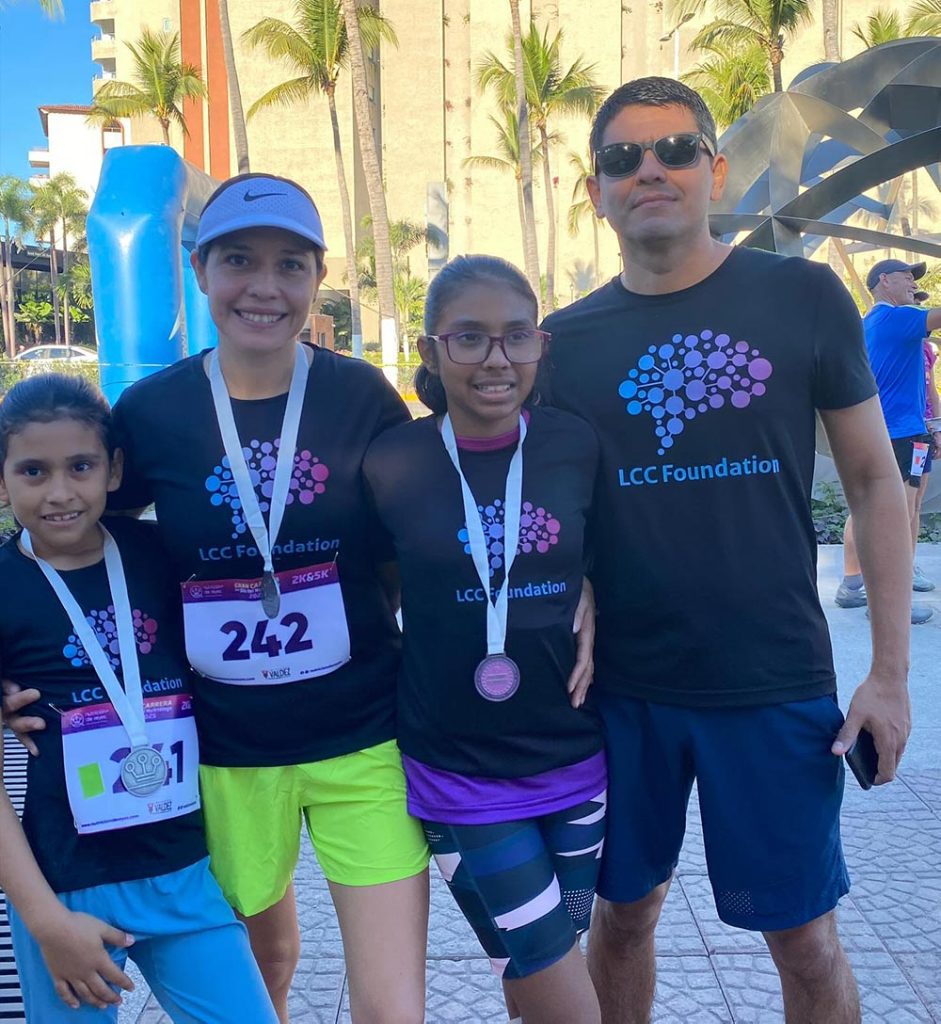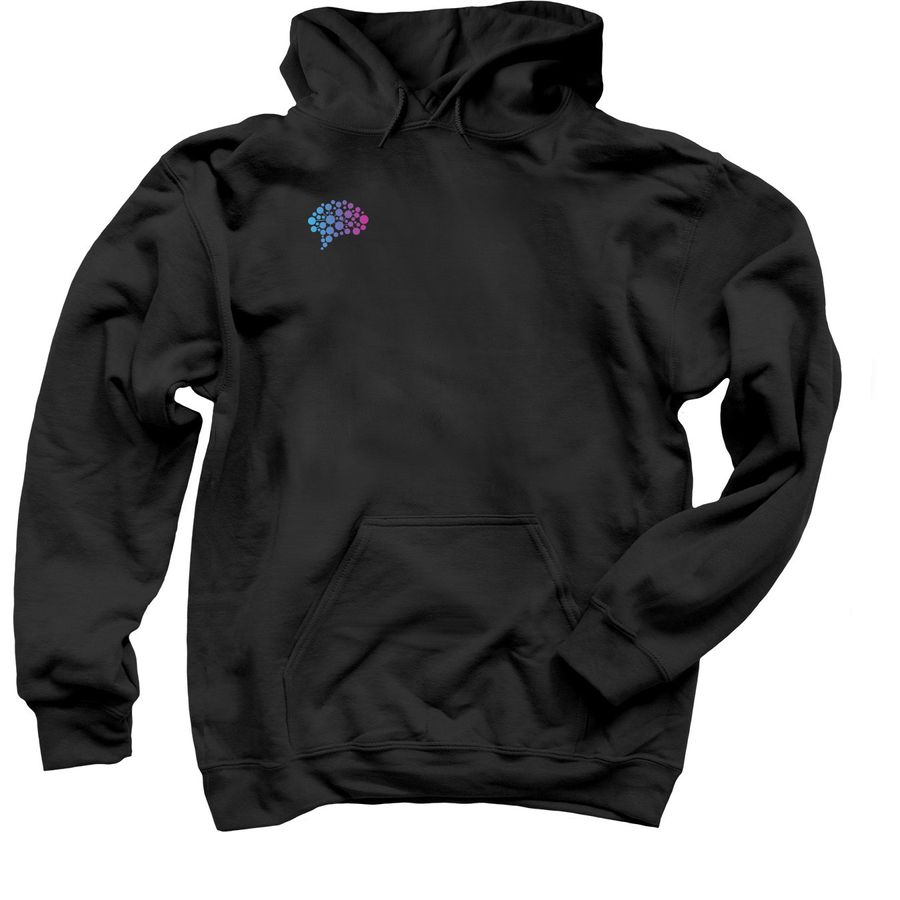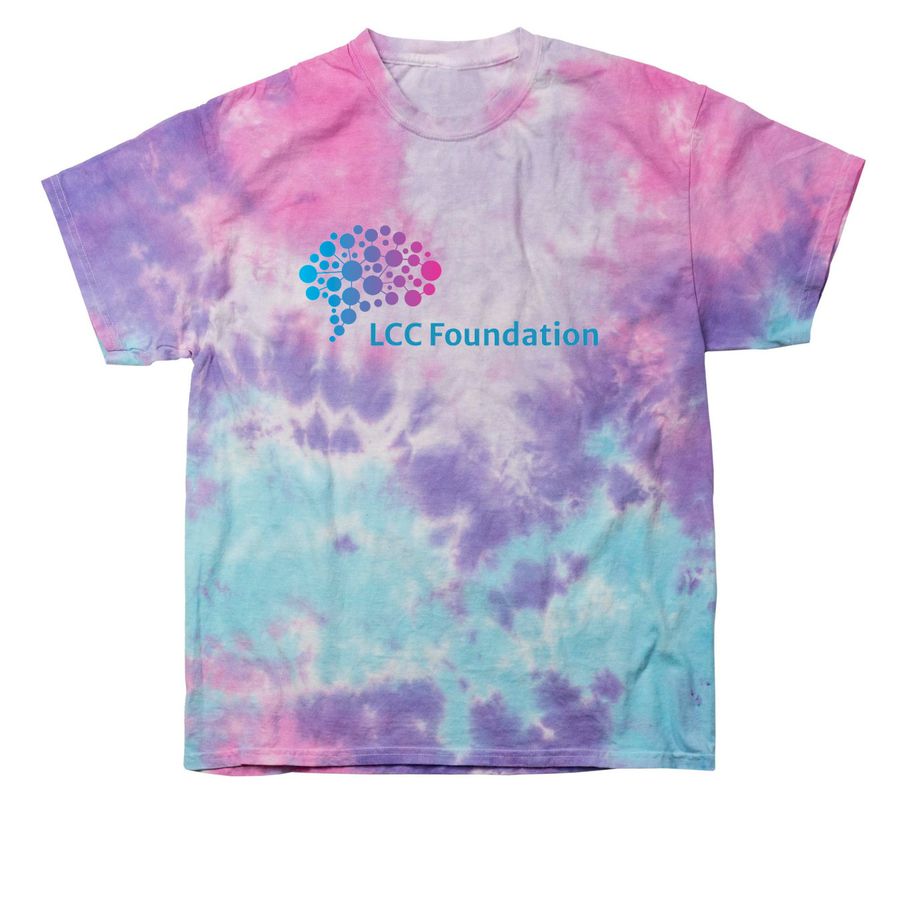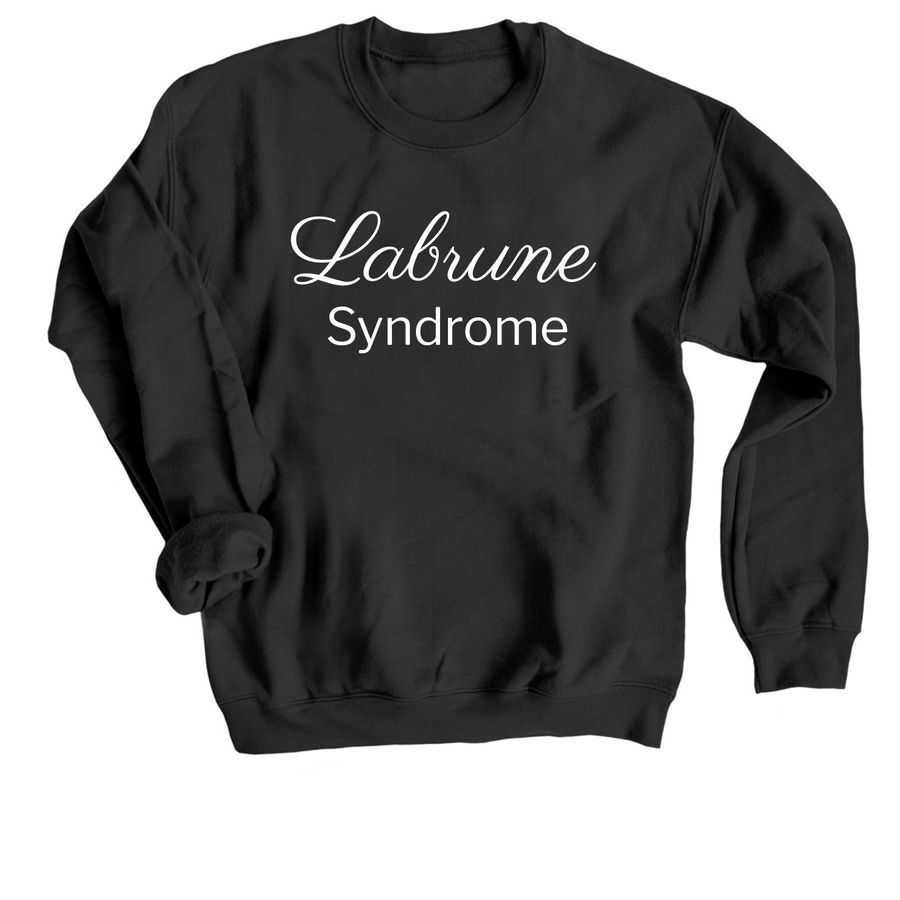Help us Go from Rare to Remarkable!
Welcome to the LCC Foundation
Have you or someone you love been diagnosed with Leukoencephalopathy with calcifications and cysts (LCC or Labrune Syndrome)?You are in the right place! You are not alone and there is hope!

Myriad Canadian Donations
- Progress Towards LCC Clinical Trial Readiness 14%

What is LCC?
Leukoencephalopathy with calcifications and cysts (also known as Labrune Syndrome) is categorized as a leukodystrophy, a condition impacting the brain’s white matter. White matter plays a crucial role in transmitting information within the brain, and when it’s affected, information processing can be disrupted or incomplete. This disorder stems from an autosomal mutation of the SNORD-118 gene, leading to the formation of calcifications and cysts in the brain. Diagnosis typically relies on radiologic and genetic testing. Symptoms commonly include seizures, dystonia, movement disorders, and global developmental delays, among others.
Making Treatments Possible, Together!
It takes a dedicated community to advance LCC/Labrune Syndrome treatments. Whether you’re a parent seeking answers, a donor ready to drive change, or a scientist exploring new frontiers, your role is critical in shaping the future.
Parents & Caregivers
Join the Forum
Donors & Philanthropists
Donate
Researchers & Industry
Learn More
Patient Registry
Please register your LCC/Labrune Syndrome Child in the official LCC syndrome patient registry and help advance treatments for all patients worldwide. The information you share in the global registry is the most powerful way to deepen the understanding of LCC/Labrune syndrome and help the entire LCC community.
Latest News
October Newsletter
September Newsletter
August Newsletter
Introducing the Official LCC/Labrune Syndrome Awareness Day: March 24th!
We are proud to announce the establishment of LCC/Labrune Syndrome Awareness Day, a dedicated day to raise awareness, share stories, and support those affected by Leukoencephalopathy with Brain Calcifications and Cysts (LCC).
Why It Matters
LCC/Labrune Syndrome is a rare, neurodegenerative disorder that profoundly impacts the lives of patients and their families. With limited research and no current cure, awareness is a crucial step toward advancing scientific understanding, improving diagnosis, and fostering hope for treatments.
Join Us in Making a Difference
On this special day, we invite you to stand with us. Whether you share your story, participate in an event, or spread the word on social media, every action brings us closer to a future with answers and hope for those living with LCC.
